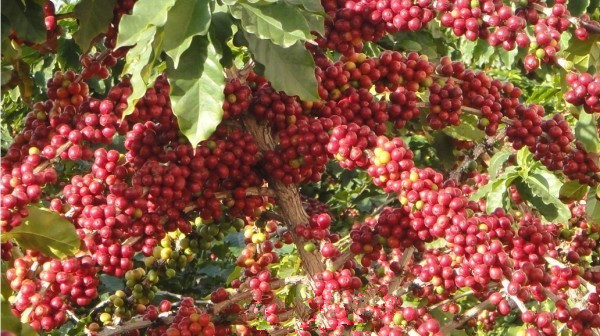General knowledge of boutique coffee anecdotes of British cafes

British cafes are exclusive to men, and women (except the landlady) are not allowed in. The situation angered British women. In 1674, when cafes were in full swing in England, British women published an application for women to boycott coffee. They complained that "the dignity of British men is now gone. This is due to excessive consumption of coffee, the latest popular pagan drink."... " King Charles II of England issued a proclamation banning cafes in 1675. It is not clear whether the King's decree is out of respect for women or whether he is annoyed and disturbed by the criticism of current politics in the cafe. But the reality is that the law is opposed across the UK, and even women stand up against the closure of cafes-they fear that their husbands will return to their former alcoholism. Charles II lifted the ban two days before the ban was lifted after a week of unrest in Britain that almost endangered the throne of Charles II.
However, the prosperity of cafes throughout the 17th and early 18th centuries did not last long and was soon replaced by tea and teahouses. While European countries were growing coffee in their colonies, the British changed their coffee farms into tea farms after the occupation of India. On the one hand, Indian coffee was hit by coffee tree rust and died in large areas; on the other hand, it was related to the shift of British preferences. Elegant teahouses were originally a favorite place for intellectual women and children, but it wasn't long before men became infatuated with them, while cafes quickly became fast-food restaurants on the street or switched to other industries.
It was not until the 1950s that the coffee boom began to rise. However, the resurgence of coffee has challenged the British tradition of loving pure things-while welcoming espresso from Italy, more coffee enthusiasm has been given to instant coffee in the United States. At first, Italian espresso was popular with tea drinkers. After 1955, London's beautifully decorated Italian cafes were everywhere, filled with customers, drinking espresso brewed from mocha pots. Moreover, this time the cafe is no longer the monopoly of men, but also opened the door to women, so the cafe has become a fashionable place for men and women to gather. But this did not completely change the tea drinking habits of the British until American instant coffee, along with television commercials, entered the lives of Britons who were still immersed in the famine of tea rationing. In 1956, the British tea rationing system was abolished, but the British tradition of drinking tea is not as optimistic as people think-fashionable people go to cafes to drink espresso, and more often, people choose instant coffee. When instant coffee accounted for 90% of the British coffee market and affected tea, exasperated British tea traders eventually had to learn from instant coffee, giving up better-flavored tea and shredding it into tea bags instead. Although the British tradition of drinking tea has not been completely replaced by coffee, the re-entry of coffee into Britain is indeed a big force, at least the British tea tradition has changed.
Important Notice :
前街咖啡 FrontStreet Coffee has moved to new addredd:
FrontStreet Coffee Address: 315,Donghua East Road,GuangZhou
Tel:020 38364473
- Prev

Introduction to the planting Climate of Coffee in Yunnan, China
At present, Yunnan coffee production is mainly distributed in Pu'er (180000 mu), Baoshan (100000 mu), Dehong (120000 mu) and Lincang (20 mu). Most of them are catimor varieties. At present, more than 80% of them are used as raw materials for instant coffee processing, some are supplied to Nestl é, and some are exported to Europe and the United States by local traders. From the grading criteria of specialty coffee
- Next

General knowledge of fine coffee taboos that should be paid attention to when drinking coffee
1. Iron should not be taken with tea, milk and coffee. Because the milk contains high phosphorus, it can affect the absorption of iron. Tannic acid in tea and coffee reduces iron absorption by 75%. It is appropriate to send the service with lukewarm water. two。 The tannic acid in tea and coffee reduces calcium absorption. Therefore, the best time to drink tea and coffee is to choose between two meals. 3. Caffeinated drinks and foods that are heavily drunk by pregnant women
Related
- Beginners will see the "Coffee pull flower" guide!
- What is the difference between ice blog purified milk and ordinary milk coffee?
- Why is the Philippines the largest producer of crops in Liberia?
- For coffee extraction, should the fine powder be retained?
- How does extracted espresso fill pressed powder? How much strength does it take to press the powder?
- How to make jasmine cold extract coffee? Is the jasmine + latte good?
- Will this little toy really make the coffee taste better? How does Lily Drip affect coffee extraction?
- Will the action of slapping the filter cup also affect coffee extraction?
- What's the difference between powder-to-water ratio and powder-to-liquid ratio?
- What is the Ethiopian local species? What does it have to do with Heirloom native species?

